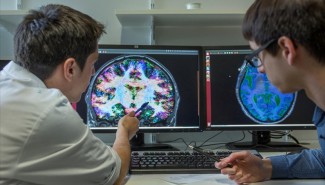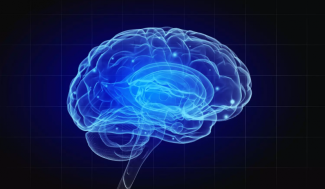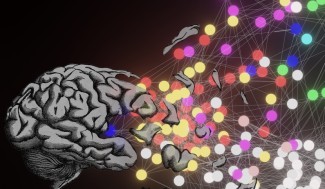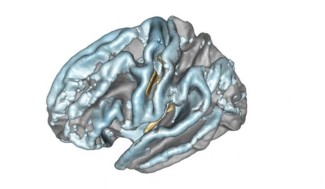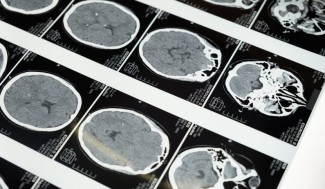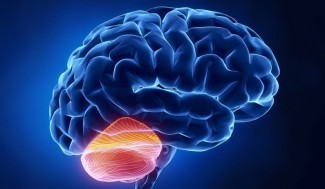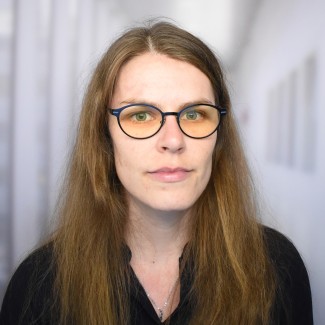
PhD, CRCN, HDR, Team Leader, PI, CNRS

PhD, Team manager, PI, CNRS
Team presentation
The ARAMIS team, led by Ninon BURGOS & Olivier COLLIOT, aims to build numerical models of brain diseases, particularly neurodegenerative pathologies, from multimodal patient databases. The main approaches used are machine learning (artificial intelligence technique), geometric and statistical modelling, and complex network theory.
The research areas of the ARAMIS team are:
- Integration of multimodal neuroimaging data (positron emission tomography, PET, microstructure, ASL…)
- Modelling temporal dynamics from longitudinal data
- Modelling Brain Networks
- Integration of imaging with other types of data (genetic, transcriptomic, clinical).
Main publications
- Samper-González J, Burgos N, Bottani S, Fontanella S, Lu P, Marcoux A, Routier A, Guillon J, Bacci M, Wen J, Bertrand A, Bertin H, Habert MO, Durrleman S, Evgeniou T, Colliot O; ADNI; AIBL. Reproducible evaluation of classification methods in Alzheimer’s disease: Framework and application to MRI and PET data. Neuroimage 2018
- Schiratti J-B, Allassonniere S, Colliot O, Durrleman S.A Bayesian mixed-efects model to learn trajectories of changes from repeated manifold-valued observations. Journal of Machine Learning Research (JMLR) 18(1), 4840-4872. 2017.
- Obando C, De Vico Fallani F. A Statistical model for brain networks inferred from large-scale electrophysiological signals. Journal of the Royal Society Interface
- Bertrand A, Wen J, Rinaldi D, Houot M, Sayah S, Camuzat A, Fournier C, Fontanella S, Routier A, Couratier P, Pasquier F, Habert MO, Hannequin D, Martinaud O, Caroppo P, Levy R, Dubois B, Brice A, Durrleman S, Colliot O. Early Cognitive, Structural, and Microstructural Changes in Presymptomatic C9orf72 Carriers Younger Than 40 Years. JAMA neurology 75(2);236-245, 2018.
- De Vico Fallani F, Richiardi J, Chavez M, and Achard S, Graph analysis of functional brain networks: practical issues in translational neuroscience, Philosophical Transactions of the Royal Society of London Series B, Biological Sciences, 369:1653, 2014.
Team members

PhD, CRCN, HDR, Team Leader, PI, CNRS

PhD, Team manager, PI, CNRS

CR1, PhD, PI
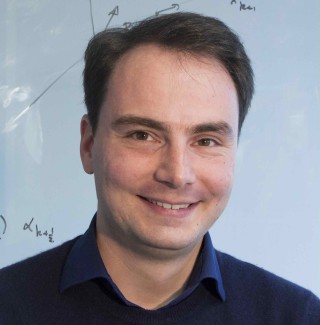
PhD, PI, INRIA

Professor of Universities, PI, Sorbonne Université, AP-HP

MD, PhD, PI, Sorbonne Université

